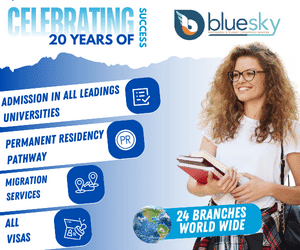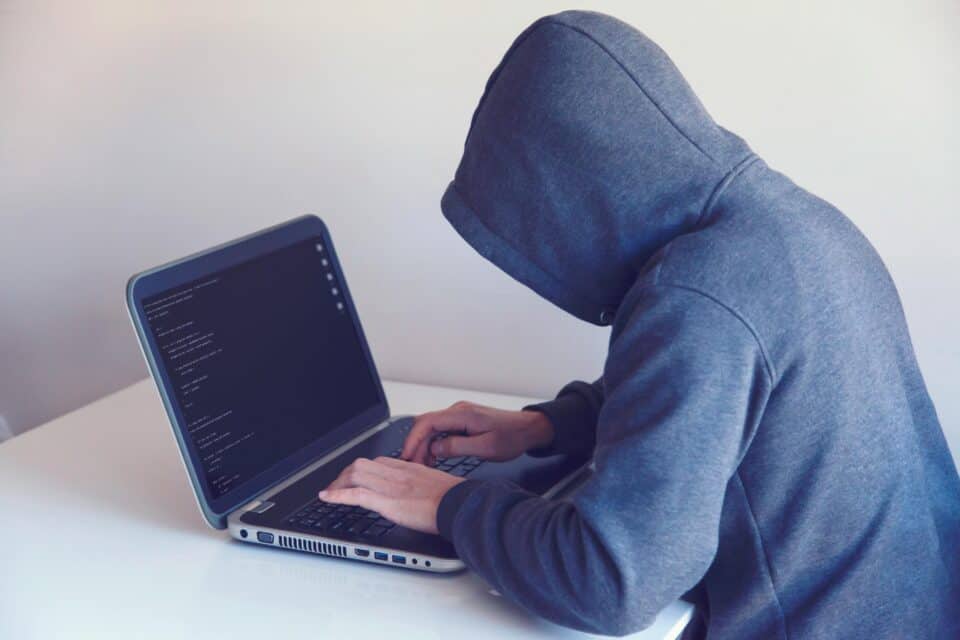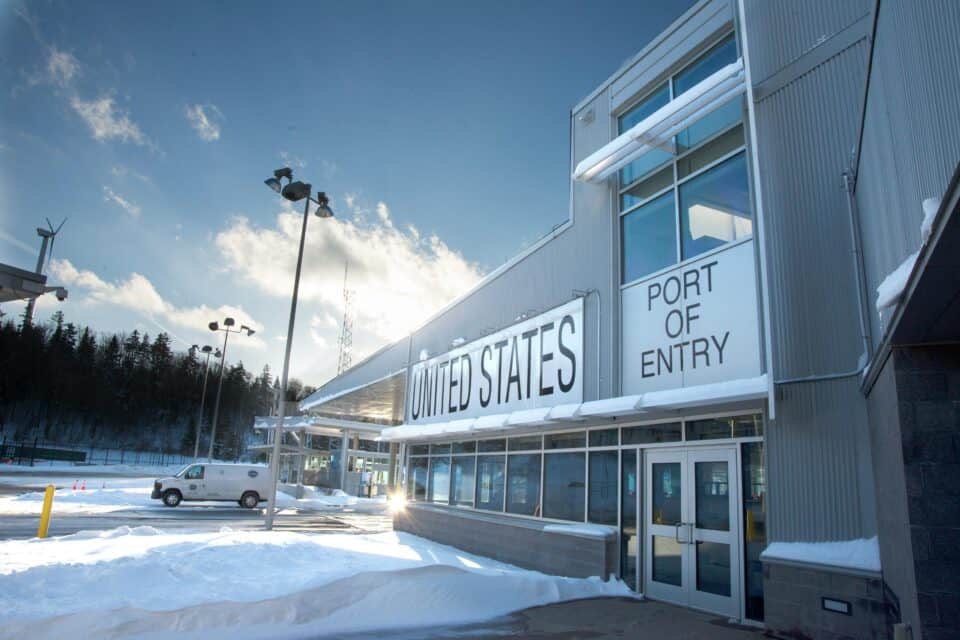An executive order recently signed by president Biden could have some possible far-reaching consequences for international education in the US.
The order, released on October 30, focuses on the implications of AI on the US and how it can leverage new initiatives to help use it for good in the country.
One of the key aims outlined in the document is to attract more international students and researchers involved in AI “to study, stay, and work in the United States by modernising and streamlining visa criteria, interviews, and reviews”.
Secretary of State Antony Blinken will be tasked with launching a process to “expand the categories of nonimmigrants” who qualify for the domestic visa renewal program, to include J-1 academic research scholars and F-1 students in STEM.
The directive has been praised by the Federation of American Scientists, which noted the improvement in convenience this will bring for international STEM students.
“One of the significant benefits offered by this EO directive is the reduction in processing times and associated costs.
“Many among the several hundreds of thousands of STEM students will no longer be obligated to spend excessive amounts on travel to their home country for a 10-minute interview at an Embassy,” the Federation noted.
The order also directs Blinken to look at expanding opportunities for J-1 Exchange visitors – 37,000 of which were research scholars and short term scholars in 2022. This will include updating the skills list for the J-1 visa to include skills that are “critical to the US”.
“The EO directive to revamp the skills list will synchronise with evolving global labor market needs… Once the J-1 skills list is updated to meet the realities of the global labor market today, it will allow thousands of additional high skilled J-1 visa holders to apply for other visa categories immediately, without spending two years in their countries of origin,” the Federation commented.
One visa criteria point the order looks to streamline is that of the H-1B program, which the Department of Homeland Security had already proposed modernisation on in September.
Secretary Mayorkas has been asked to “continue” the process “to modernise the H-1B program and enhance its integrity and usage, including by experts in AI and other critical and emerging technologies”.
“[DHS] must consider initiating a rule-making to enhance the process for noncitizens, including experts in AI and other critical and emerging technologies and their spouses, dependents, and children, to adjust their status to lawful permanent resident,” the Order directed.
“This is a great opportunity for the higher education sector to submit responses regarding new fields”
The Presidents’ Alliance for Immigration and Higher Education called the executive order “ambitious” when outlining some of the proposal.
Within 45 days of the order, the Secretary of Labour will also need to publish a request to garner public input on identifying AI and STEM-related occupations, and any other relevant positions, to update the Department’s “Schedule A” list – which designates which occupations don’t have enough US workers to fill the skills gap.
“This is a great opportunity for the higher education sector to submit responses regarding new fields and occupations.
“An updated Schedule A list could also greatly increase employment-based options open to the international students,” the Presidents’ Alliance added.









